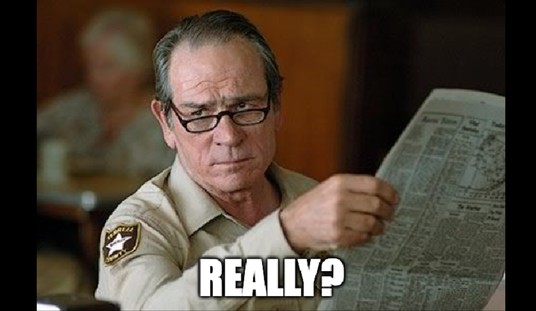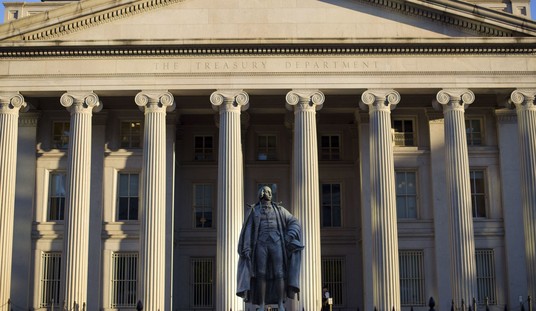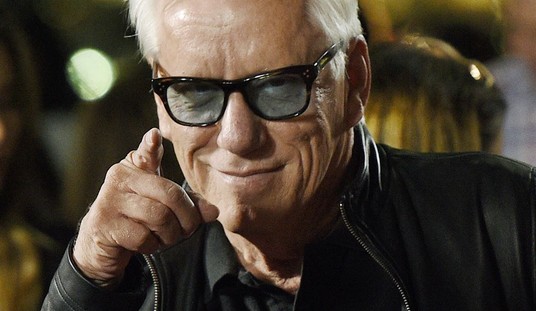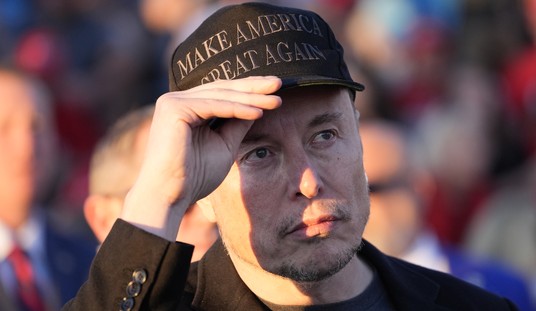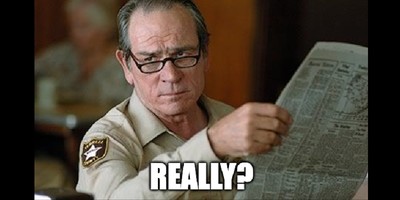On June 8, 1798, President George Washington sent a letter to John Jay, directing the heads of federal departments to 'impress me with a full, precise & distinct general idea of the United States, so far as they are comprehended in, or connected with that Department.'
This was the first Executive Order issued in the United States. Now, 235 years and 46 presidents later, Executive Orders (EOs) are a commonplace thing.
Unsurprisingly, the president who issued the most EOs was Franklin D. Roosevelt, with a whopping 3,721 to his name. Excluding William Henry Harrison for obvious reasons, the presidents who issued the fewest EOs are John Adams, James Madison, and James Monroe with one each to their names.
In 1961, John F. Kennedy created the U.S. Agency for International Development (USAID) by EO.
With his foreign aid freeze, Donald Trump may be ending USAID.
Recommended
The Left is, unsurprisingly, not happy about this.
A President is not a King.
— Senator Jeff Merkley (@SenJeffMerkley) February 1, 2025
Trump cannot eliminate USAID with the stroke of a pen.
Not only is it illegal—it is a gift to our adversaries.
It is perfectly legal for Donald Trump to end USAID with the stroke of a pen, because that's how it started.
Congress passed the Foreign Assistance Act in September 1961, and some can argue that because that legislation ordered some agency to deal with distributing foreign aid, Congress created USAID.
Confused yet?
Whatever Trump decides to do with USAID and foreign policy, I fully expect legal battles to follow.
It would be much easier, and probably more legally sound, to have Congress pass legislation addressing foreign aid and the USAID. I understand that the process will take time and political capital Trump and Republicans may not want to spend.
To that end, EOs can be used as stop gaps or to address issues of immediate need and urgency, and that's fine.
As we've seen in the last several administrations, almost all of the EOs Trump signed on his first day in office will be undone on January 20, 2029, if a Democrat is elected to the White House.
No legislation is written in stone. Some laws are harder to repeal and amend than others, but it can (and has) been done; it at least requires effort to change, repeal, or introduce new legislation that is absent in EOs.
Today, for example, it is the official policy of the U.S. government that there are only two genders.
Four years from now, hypothetical President Gavin Newsom or Gretchen Whitmer could scrap that EO and say there are 47 of them instead.
It's the power and privilege that comes with the presidency. Which is why it should be wielded with prudence and an eye towards lasting legislation.
For the sake of the republic, we need to stop using issues like immigration, gender ideology, and foreign aid as political footballs to be punted back and forth, their future wholly dependent on who is occupying the Oval Office. It creates an uncertainty that is unsustainable and adds unnecessary tensions to America's political climate.
The fact we are having this debate at all demonstrates the importance of returning Congress to its role as legislators so they can transform EOs into laws that will make it more challenging for future administrations to undo.
Thus far, Donald Trump has done good work in his second term. I'd like to see it last beyond his final day in office.

















